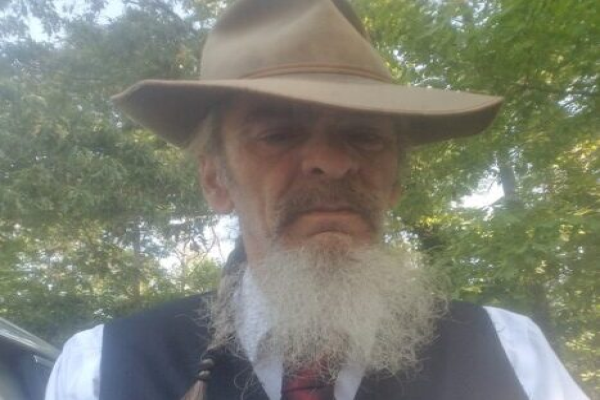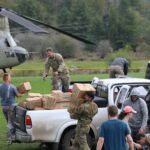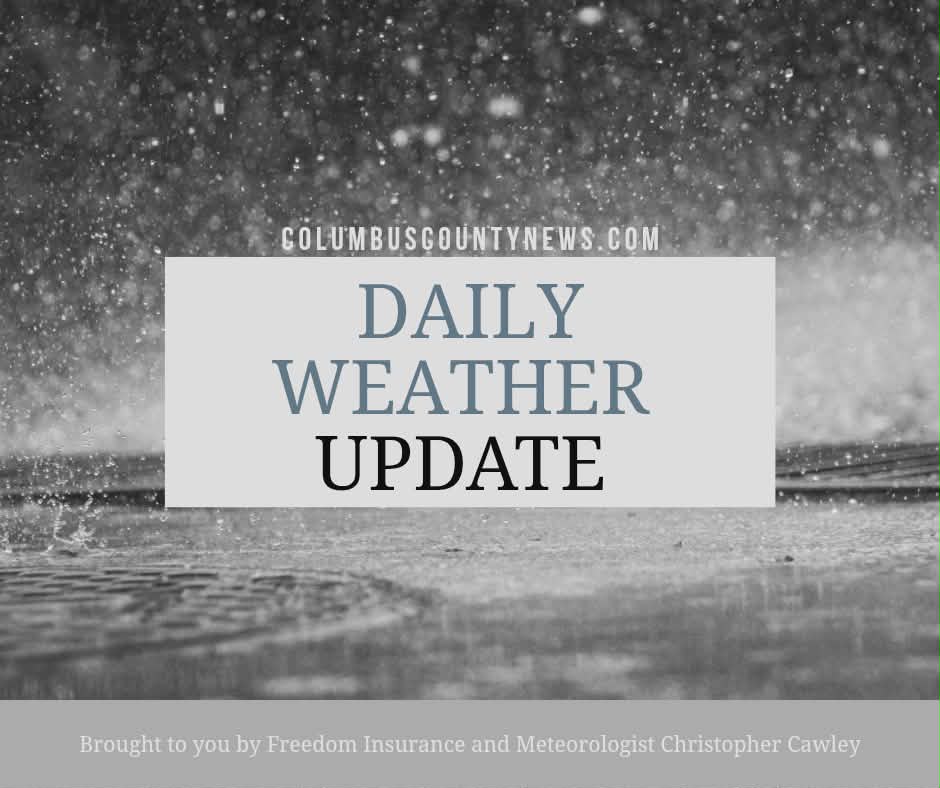Like many of you, I breathed a sigh of relief followed by a prayer for safety when Hurricane Helene jogged left last week. Most of us are still cleaning up or drying out from the piddling excuses for storms we have had so far this year, while we hope the angry winds of the Atlantic will continue to ignore us.
One thing we can’t ignore is what has happened to our neighbors to the west.
They are dealing with losses that make some of our pale by comparison, and they need help.
As we have all learned in storms past, true help begins at home, with even the smallest gesture.
A young man I have watched grow up into adolescence saw some of the news coverage about Hurricane Helene, and immediately began organizing supplies for the flood victims in western North Carolina. Another girl, a few years younger than he is, was badgering folks in another county for donations of pet and livestock food even before the scope of the disaster was known. A Tiger Cub Scout even younger than either of those children was out collecting Monday, trying to load his grandma’s vehicle full.
All of us have experienced a catastrophic storm, if we have lived in southeastern North Carolina for more than a year or two. Some of us took worse hits than others, but all of us were affected somehow, whether it was Fran, Floyd, Matthew, Florence, Isaias, Debby, Ian or even Idalia. Most of us know by now which ditches will flood, which roads will be impassable, who will have floodwater in their yards and where we can go for help in an emergency. We expect and understand these things. Quite a few of our neighbors in Brunswick County were shocked and surprised the other week at the damage down that way, but overdevelopment, impermeable surfaces and the wisdom of building in swampland are all parts of a column for another day.
Our fellow North Carolinians to the west are three and four generations away from the last major flooding, back before 1920, and even then the damage wasn’t like what they face now. True, there were fewer people to be affected in the North Carolina mountains a century ago, but now there are folks out there who don’t have the family traditions to count on for counsel, the old folks who could have warned them ahead of time.
After Matthew and Florence, I met folks who marveled at our flat lands the same way we would marvel at their mountains. They knew snow, but not hurricanes. They didn’t talk exactly like us, but they turned out to help us when we were in need.
It’s time for us to return the favor.
It’s done my heart good to see how many folks began collecting supplies and making plans to transport them even before the rain quit falling out west. While we watched on our screens as homes floated down rivers and transfer trucks bobbed along flooded city streets, many of our own people were gathering water, nonperishable food, cleaning and hygiene products, socks and underwear and other supplies, even before they knew where they were taking the goods and how. They knew the supply chain would shake out soon enough, and our fellow North Carolinians needed help.
I know people with big trucks connecting with others with trailers to load with supplies, and at least one owner-operator I know is footing the fuel bill out of his own pocket. I saw folks buying supplies Saturday to send out west, even though they didn’t yet know how to do so. They remembered the generosity shown to them when their homes were washed away.
Like our state motto Esse Quam Videri says, they chose to be rather than to seem.
It’s not surprising that few people who have experienced a storm in our neck of the woods are waiting on the state and federal governments before they try to help. Since our state still has disaster claims stretching back to Hurricane Matthew in 2016, as well as Florence in 2018, a lot of people don’t really expect much when someone in a clean shirt says they’re here from the government and they’re here to help.
While some agencies have improved through the years, folks have also learned the lessons from past hurricanes, and they know better than to rely on a bureaucracy that moves ever so slowly, then often gets things wrong.
We the people need to give, and give generously.
It will take years to fix what was lost in western North Carolina. The loss of life is still unknown, but could reach into the hundreds. Helene has been compared to Hurricane Katrina, except in Helene’s case, folks in North Carolina didn’t really expect to be hit with anything more than some heavy rains. My sister’s kin in Louisiana knew what they were facing.
There are biblical levels of suffering out west, but you can help.
There are lists of legitimate relief efforts all over social media. Find one and give a little. It truly doesn’t have to be a monumental gift to make a difference. Imagine that you can’t brush your teeth, wash your face, or have a cup of coffee because your toothbrush, soap and coffeepot were taken with your house and you were left homeless and not even sure where to find the rest of your family.
Some of us have been there. You who have experienced similar challenges understand.
The politicians will argue and pettifog, then issue press releases showing how much has been done. Quite a bit of aid will be forthcoming, I am sure. The elected officials I’ve spoken with are striving hard as they can to make thing happen.
But it’s the individual helping an individual they have never met who will make the difference.
A case of water costs less than the average lunch. A box of trashbags compares to a cup of coffee. And every little bit helps.
Folks in western North Carolina pitched in and helped us in our time of need. Now it’s time for us to return the favor, and to be, rather than to seem.
-30-





